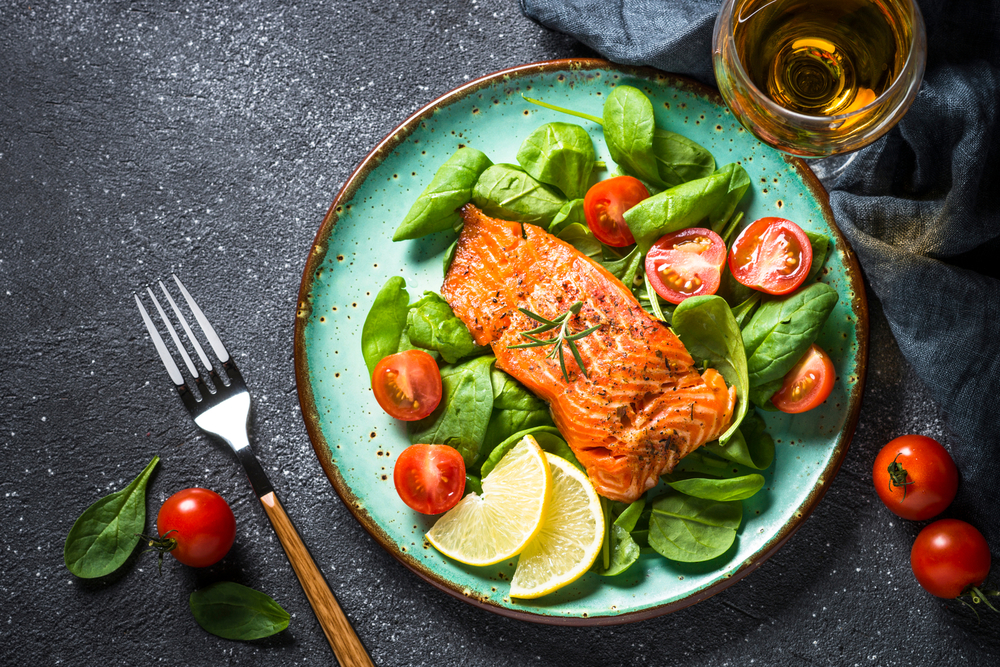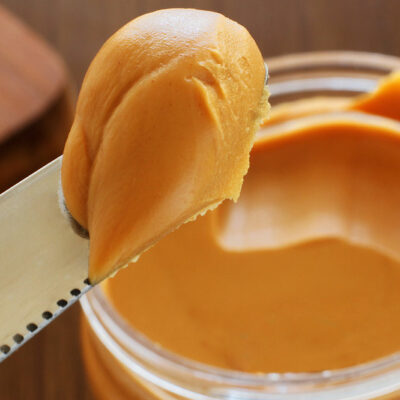
6 Foods That Keep GERD At Bay
GERD, which is short for gastroesophageal reflux disease, is a disease in which the lower esophageal sphincter or LES is affected. The (LES) lower is the round muscle between the stomach and the esophagus. Individuals with this condition experience having food in the stomach rise and enter the esophagus. Individuals who experience GERD may also have other complications or signs such as acid indigestion, heartburn, breathing problems, chest pain, bad breath, and regurgitation.
Patients diagnosed with this condition will find the situation to be extremely uncomfortable. However, one fundamental way to ensure the body returns to proper digestion is by changing your diet. Here are the best foods to consume if you have GERD:
1. Ginger
This has been one of the most popular remedies for GERD, and this is because it gives individuals fast relief. It has various healthy properties, and its role in digestion is widely known. It can also aid in digestion by absorbing any excess acidic stomach juices. It also plays a role in speeding up the digestion process so that gas accumulation can be avoided. Most importantly, it can even tighten the LES and prevent stomach juices and food flow into the esophagus.
2. Low acid/noncitrus fruits
Melons, pears, apples, bananas are some fruits that are low in acid or either contain no acid. These fruits are excellent food options because they provide nutrients. Vitamins and minerals to the body while helping to avoid activating the signs of GERD.
3. Lean meats and seafood
Protein is essential in one’s diet; however, persons who experience GERD signs should consume lean protein and seafood. Chicken, fish, and turkey are some of the best consumption options because they are also low in fat.
Meats that are high in fat will increase GERD’s risk by decreasing the pressure of the LES.
4. Egg whites
Eggs are an excellent source of protein. However, it is best to avoid the yolks and only consume the whites. Egg yolks are high in fats and can increase the chances of GERD signs being activated.
5. Healthy fats
Many people may be unaware that fat is needed in the diet, but the best type of fat is the healthy kind. They are present in food items such as nuts, seeds, avocados, trout, salmon and plant-based oils such as olive, canola, and sunflower.
6. Oatmeal
This helps with GERD because it is high in fiber, this fiber is a very good help to intestinal health and function. This is due to its ability to help with constipation and helping one to stay hunger free longer, it will also help you feel fuller.
While these food items and diet changes can provide relief and help decrease the chances of experiencing GERD, it is best to pay attention to how often you are experiencing the symptoms of GERD. If the condition is frequent and persists, it can cause severe damage over time, where the esophagus lining will gradually wear away. Therefore if an individual regularly experiences discomfort because of GERD, it is best to see a doctor who can make a diagnosis and prescribe medication. One of the best medications to treat signs of GERD is NEXIUM. Many individuals experience acid reflux signs for days despite a change of diet and other treatment; in these cases, medication such as NEXIUM will offer relief and treat any damage that may have been done to the esophagus.


